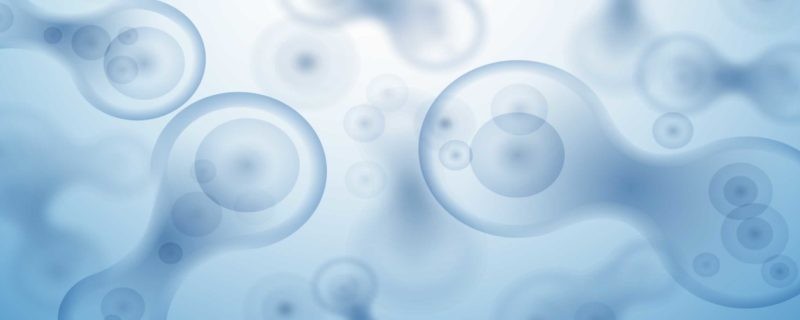
A Critical Role for Recombinant Albumin in Embryonic Stem Cell/iPS Cell Culture and Therapeutic Development
Human embryonic stem cells (hESC) and induced pluripotent stem cells (iPS) are excellent candidates for cell replacement therapies. However there are problems that must be overcome before stem cells can become effective therapies in human patients. The use of animal derived components (such as serum, Plasmanate®), in the culture of stem cells poses a risk for the transmission of pathogens, such as bovine spongiform encephalopathy (the agent responsible for mad cow disease. Furthermore, serum is undefined and has lot-to-lot variability that results in inconsistent culture results. To be compatible with human therapy, stem cell culture must be xeno-free which would exclude the use of any animal or human components.
The use of serum-free media in the growth of stem cells has advanced the promise of stem cell therapies, but it hasn’t gone far enough. Conventional serum-replacements such as Knockout® Serum-replacement (KO-SR) offer a defined alternative to the use of serum. However, the serum replacements contain albumin as a critical component since stem cells grow best in the presence of albumin. Bovine Albumin is a major component in the original formulation of KO-SR [1]. While effective, KO-SR is not Xeno-free, therefore it isn’t compatible with human therapy. Serum substitute supplement (SSS, Irvine) and SR3 (Sigma) contains human albumin; however, the albumin is not animal-free [2, 3].
The development of the feeder-free TeSR1 medium by Ludwig and Thomson was a breakthrough for stem-cell research [4, 5]. This defined medium enabled the growth of stem cells independently of feeder cells. TeSR1 medium also contains albumin as a critical component to support the growth of cells. It is clear from these advancements that while serum can successfully be removed from stem cell culture, albumin cannot. Albumin is a critical component that enables the growth of stem cells without serum.
The substitution of animal-derived albumins with recombinant human albumin further advances stem cell media in a way that makes it compatible for therapeutic applications. Recombinant human albumin is defined and carries less risk than the animal-derived albumin. Recombinant human albumin is xeno-free. Thus, recombinant albumin is a critical component that enables Stem Cell Research to become stem cell therapies.
Footnotes
-
1. Price, P., Embryonic stem cell serum replacement. WIPO, 1998
-
2. IrvineScientific. Serum Substitute Supplement. 2011
-
3. Sigma. S2640-serum replacement 3. 2011;
-
4. Ludwig, T.E., M.E. Levenstein, J.M. Jones, W.T. Berggren, et al., Derivation of human embryonic stem cells in defined conditions. 2006. (16388305) Nat Biotechnol. 24 (2): p. 185-7
-
5. Thomson, J. and T. Ludwig, Medium and culture of embryonic stem cells. USPO, 2006